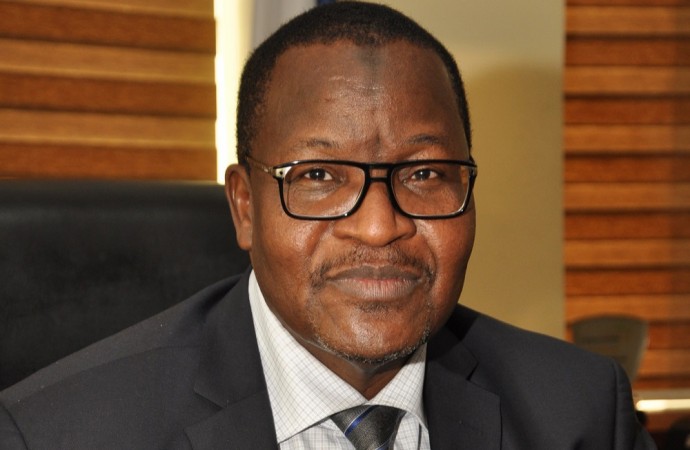Prof. Umar Danbatta, Executive Vice Chairman, Nigerian Communications Commission (NCC) said the commission would create a legal framework to regulate the use of satellite communications services and networks.
Danbatta represented by Mr Austin Nwulune, the Director, Spectrum Administration Department, NCC said this at the Public Inquiry on the Commercial Satellite Communication Guideline and the Draft Consumer Code of Practice Regulations (as Amended).
According to him, the draft commercial satellite communications guidelines are aimed at creating a legal framework to regulate the provision and use of satellite communication services and networks.
“In whole or in part within Nigeria or on a ship or aircraft registered in the country.
“The intention behind the development of the guidelines is to ensure a well-developed and organised satellite communications market in Nigeria.
“With appropriate legal framework that meets international best practices, encourage innovation and guarantee public safety, ‘’ he said.
Danbatta said the guidelines would ensure effective management of scarce frequency resources, especially bands where frequency is shared between satellite and terrestrial systems.
He said the guidelines would also encourage use of satellite connectivity to unserved areas that lack terrestrial transmission infrastructure backbone.
The NCC boss said on the draft Consumer Code of Practice Regulations was an amendment on the previous regulations made in 2007.
He said the guidelines would provide a more robust framework, effective and efficient processes /procedures to be followed by licensees in developing their individual consumer code to govern the provision of services and other related consumer practices.
“This to ensure that consumers are adequately informed of the type of services being offered by operators, thereby aligning with the commission’s function of protecting the interests of consumers against unfair practices.
“Furthermore, these regulations have been amended to reflect best practice in the industry,’’ he said.
Danbatta said the public inquiry forum was part of the commission’s rule-making process aimed at ensuring wide consultation in the development of regulatory instruments in accordance with NCC Act, 2003.
He said over the years, the process had proven invaluable in sourcing the opinions and inputs of stakeholders toward the development of sound regulatory frameworks for the Nigerian telecommunication industry.
Mrs Yetunde Akinloye, the Director, Legal and Regulatory Services, NCC while speaking on the overview of the amended Consumer Code of Practice Regulations said all codes must be submitted to the commission for approval.
Akinloye said approval should be granted within 30 days of submission of a code, unless the commission informs the licensee to amend the submitted code.
She said an approved code shall be published in two national newspapers within 30 days of approval.
“Licensees are required to provide a copy of the approved code to consumers on request,’’ she said.

